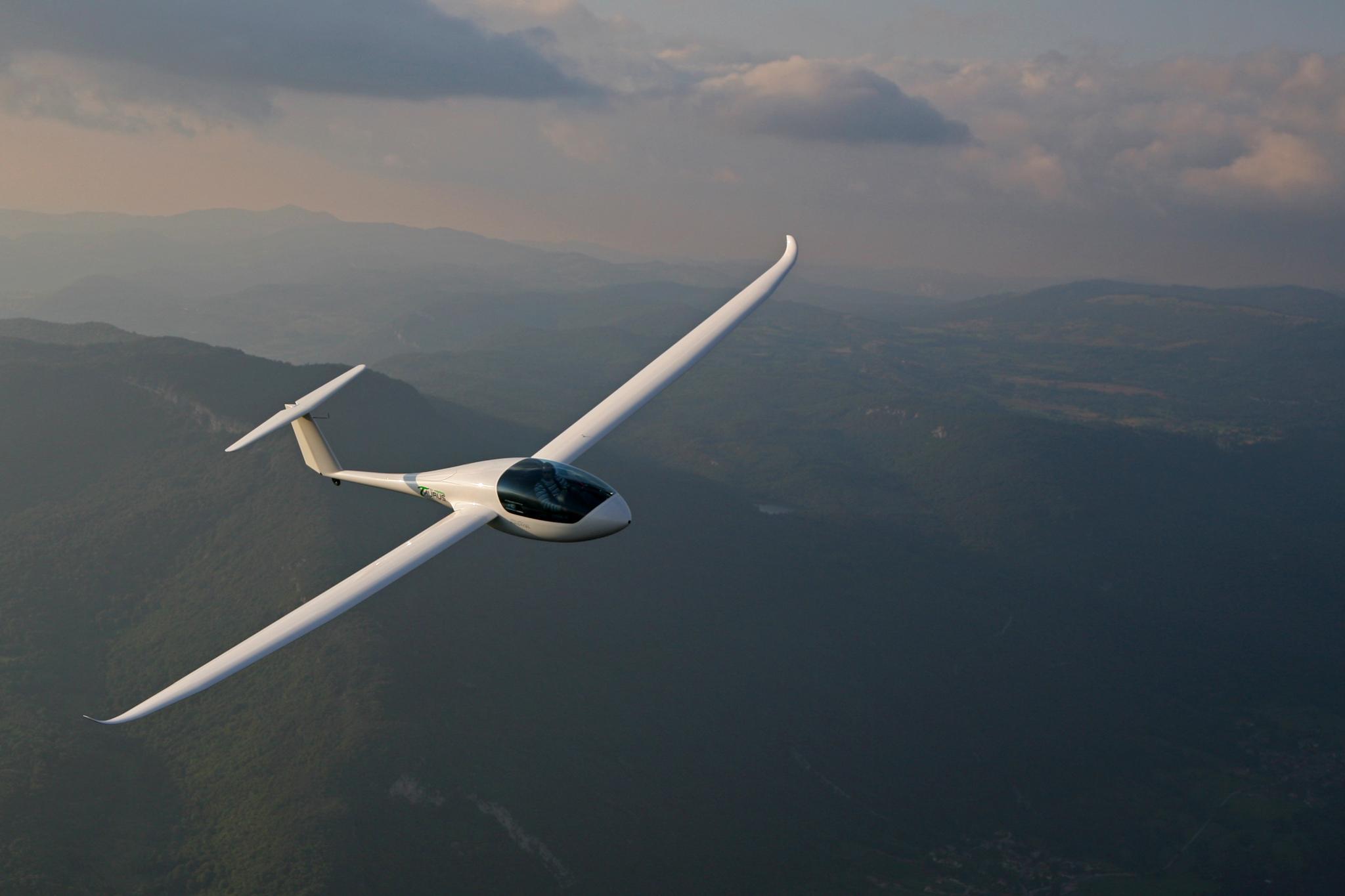
Pipistrel | How Ivo, Taja Bascarol Built the Future
“The ones who are crazy enough to think they can change the world, are the ones who do.”
In its 30 years, Pipistrel has grown from an enthusiastic hobby hang-glider garage manufacture into a world-renowned small aircraft producer recognized by leading global aviation authorities. With its revolutionary ideas, Pipistrel introduced composites to microlight and light sport aircraft, achieved first ever electric flight of a two and four-seater, won all 3 NASA challenges and won the hearts of passionate aviators on all continents. Here is their incredible journey.
Ivo Bascarol founded the company and is now working hand in hand with daughter, Taja.
Tell me about the story of how Pipistrel came to life?
It’s a long story, almost 33-years-ago in former Yugoslavia. I was dreaming to become a pilot, to start flying as I lived in a small village. At that time, in former Yugoslavia, it was not easy to become a pilot if you were not a military pilot. In the early eighties, this new type of flying appeared with these robal wings. We started jumping from the hill. Then, we started a small engine behind it to be able to take off from the ground and from the airport. This was quite an affordable way of flying. Especially, it was very free, it was not connected to very rigid rules on the airport.
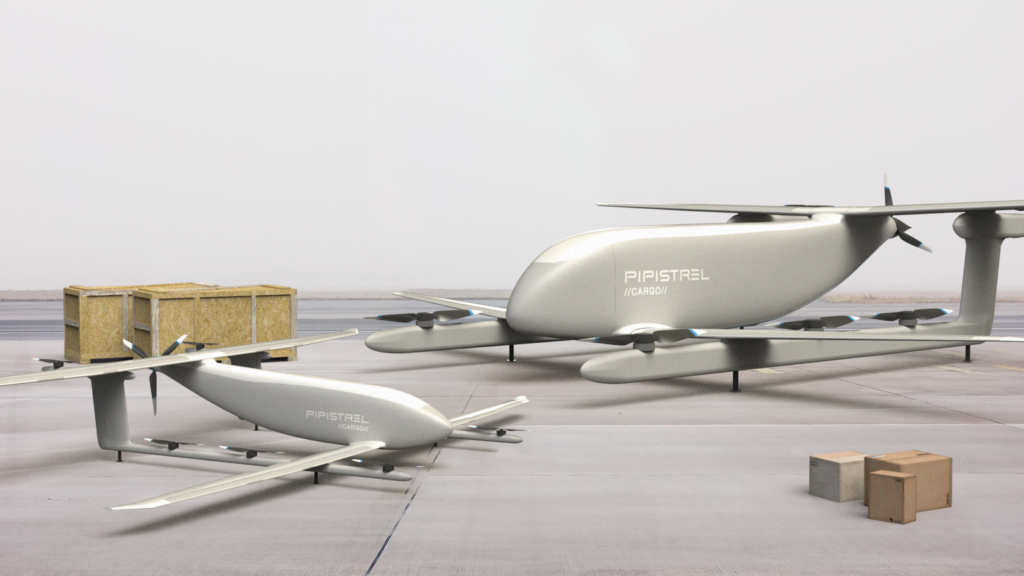
I was making, at the time, with my friends, these flying machines by ourselves and with some friends from the UK, France and Hungary. We started a new kind of trend in aviation without the rules, without the licenses, so flying really very very free. At that time we called this type of aviation “eternity aviation”. Later we started changing the name to “microlight” or “ultralight aviation”. So, I am one of the founders of this new category, the latest category in aviation. It was completely out of the box. It was very free, the fuel was just car fuel so it was quite challenging in the beginning. Later, we also adapted the rules and we made this category legal. Nowadays, in a lot of countries, ultralight flying is the same type of flying as the other heavyweight aircrafts.
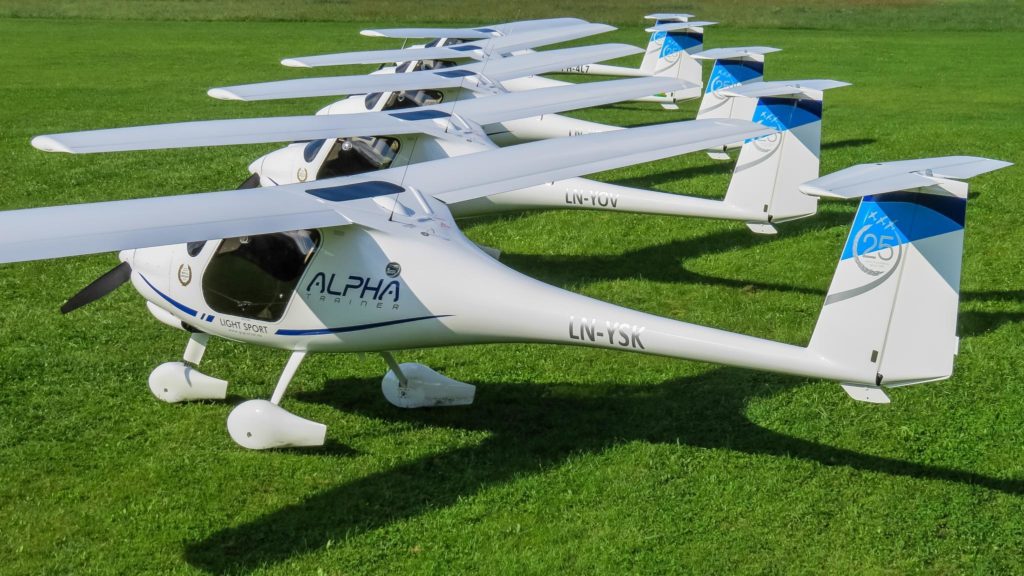
Where did you get your notorious name, Batman?
He laughs. This is connected to the illegal way of flying. We were not allowed to fly on the airport because we were not keeping the license, no registration, no cosigns on the aircraft. So, the boss of the airport said, “if you like to kill yourself just go do it but only in the evening when I go home and lock the door so I will not be responsible”. In the dark or in the evening in the sky the shape of this wing was very close to a bat. That’s why local people started calling me “bat is flying”. Also, when I started to make this and to start a kind of activity, I knew that former Yugoslavia would not be a big market for this and we needed to export and the closest country was Italy. I gave the name to the brand in the way that Italians will understand and the name for bat in Italian language is pipistrello. In Latinum it’s pipistrellus so I cut it a little bit to make it a little different and that’s how the name Pipistrel started.
Wow, beautiful and that’s how you started importing to Italy?
The first country we were exporting to was Italy. Now we are exporting to 97 countries but at the beginning it was only Italy. At the time it was not Europe yet so we were living quite close to ex-italien border and it was very easy to export to Italy at the time.
And you said you were one of the founding partners? So were there other people involved in the beginning?
Oh yes, there were people from the UK, from France, some friends, you know? We were looking at how to find solutions to escape the rules and where to find the materials. We were exchanging the drawings. How somebody makes some solutions. In the beginning it was like a big club of fans doing the flying machines by ourselves.
And I guess as time went on you took over the Pipistrel name as your own and you developed your own company?
.
When I started this activity, I started my own business. Also in other countries other friends made the same. Quite fast, a lot of small producers of these machines all over Europe grew. In a few years, there were thousands flying every year. It was a really fast type of growing of this flying. Because of this, there were also a lot of accidents, of course. The regulators understood they must make a rule to put this type of flying, accept this type of flying into the existing rules. We were also contributing to this. I was always involved in these new challenges. This is why they nominated me a few years ago as the “The Living Legend of Aviation.” I was invited with the Queen of England to a lunch. So, I am quite known in this aviation as one of the founders of this new category but I would say I am the only one who made this business side of this whole thing. I am one of the – not many people in this crazy world who can say “hobby is business and business is hobby.” I went out of the ultralight work a few years ago. We decided to enter the general aviation aircraft category so our aircrafts are not ultralight or microlight anymore. They are serious aircraft with types of certificates. We are producing four seat aircrafts, we are designing 90 seat aircrafts. We are towards big birds. What you see behind me. It’s a passenger aircraft. My colleague mostly stopped at the level of ultralight aviation. I am the only one who grew to this level.
What made you decide to take that route now? The more normal route compared to ultralight?
I would say, it happened like nature grows. Every day a little bit more. I am the type of person who sets the goals very high. I say that the first is only one, everybody can be the second so the goals of our company are set very high. Motivation is very high so we like to push the boundaries in aviation, in a little bit different way. That’s also why we certified the electric aircraft which was science fiction a few years ago. I like to think outside of the box and my team also. We are all oriented towards very clean aviation, quiet aviation, affordable aviation. It’s our mission. I say that everybody who can contribute to a clean atmosphere – that we will keep the atmosphere as it is for future generations – it’s our duty to do it, you know? Because if you see our earth from space, you will see a tiny blue belt around it. This is our atmosphere. Humans, we can live weeks or even months without food, weeks without water but only a few minutes without the air. So, we really must take care of our atmosphere. That’s our mission, that’s our reason, that’s what we’re doing.
What are you coming up with next in terms of making the air more clean in the aviation world?
The aircraft you see on the screen is a 90 seat, hydrogen fuel powered aircraft. So, it’s a passenger aircraft without any emissions.
How it works?
It works in a way that you bring the hydrogen with you in the aircraft and you take the oxygen from the atmosphere. In the fuel cells with the chemical process you produce the electric energy you need for the flight and the only emission is clean water. It’s so pure water that you cannot drink it. You must add a little bit of salt if you want to drink it. It’s real, emission free aviation. The only one that we know in this moment is with hydrogen process. So, that’s what we’re developing now and by the end of this decade this aircraft will start flying.
Do you see that happening more and more in the future? I mean you guys will be the leader of that industry but do you think more companies will join in?
There are a lot of initial things on this also. There are a lot of projects ongoing. Our wish is to maintain the leadership but as most of the things in this life are connected to money I hope we will be able to finance this development in aviation.
Is it more expensive to make something like that?
Development of the aircraft and the certification of such an aircraft means a lot of hundreds of millions. We are a small, family-owned company by me and my daughter. We don’t have big investors, we don’t have, let’s say, country money behind us, not like big players like the US. Money means a lot in aviation because the development – it’s very expensive. Only the space industry and maybe the pharmacy have the development costs compared to aviation. But we’ll do it!
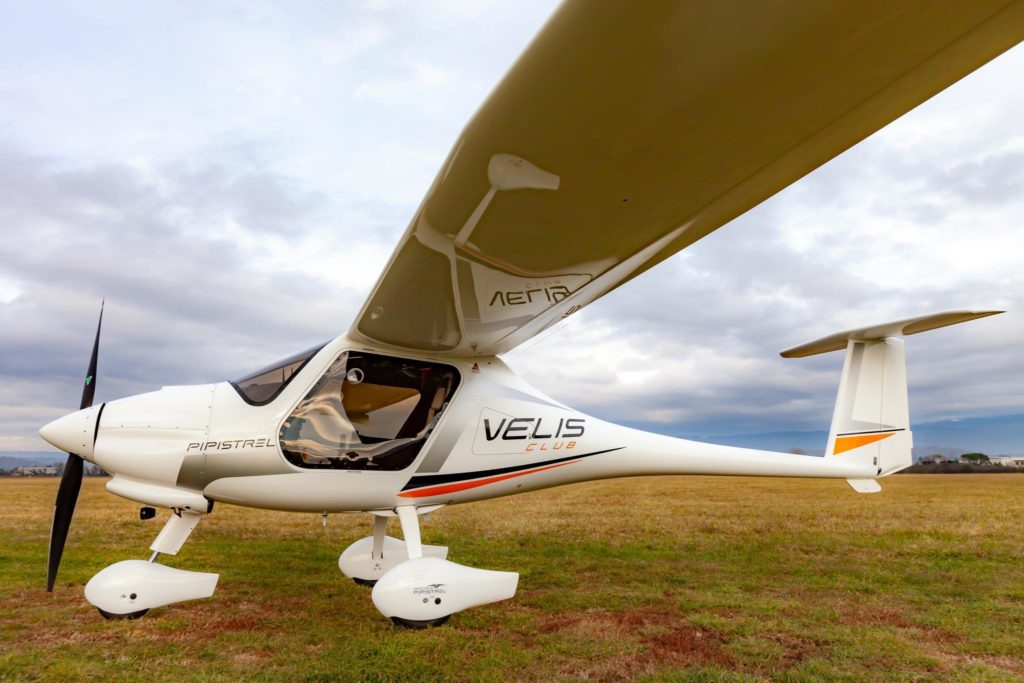
What is your motivation now? You said you have a lot of motivation? What makes you think of new things and always work towards the next goal?
Well, doing something that will help to keep the atmosphere as it is, this is the biggest motivation. One of the motivations is to do something that the biggers cannot, even if they have a lot of money. We‘ve proven this more times and to keep my team happy and motivated. Coming back everyday to work and seeing a motivated team – it’s a big motivation. And being able to realize dreams is a big motivation. I am not sleeping a lot so I must dream during the day. It’s fine to see that what was not possible time ago is now a product of your team. This is a big motivation. Imagine that in aviation there are only 3 big milestones. The first was in 1927 when the first piston engine aircraft was type-certified. Then, between 1927 to 1953 there was no big development. Then comes the first jet engine aircraft which was type certified. Based on this, is all commercial aviation, all passenger aircraft, big aircraft are based on this. From 1953 – 2020 there was no big development. No big milestone. In 2020 Pistrelle certified the first electric aircraft which can now also be used and this is approved. This type of certification is approved, that this type of aircraft can be used for commercial, for training – so the same like engine or piston engine aircraft. This is opening the doors now for emission free aircraft. This is the biggest satisfaction and motivation to do the same or same future.
Was that always a dream of yours? Being in the industry?
No, people don’t know but I was living 11 years from photography. I was studying economy but during university my passion was photography. I was very active in music photography like concerts. Rock was at the time very popular so I had more than 100, 000 concepts behind me. I was a personal friend of a lot of musicians. If you search the internet you will see Steve Morse, the guitarist. He’s my friend, he’s our customer also. I was more than one week in France in Super Bear Studios with Pink Floyd when they were recording The Wall. I have a lot of interesting stories and part of my life was connected to photography. Aviation came, let’s say, not a planned part of my life, from my hobby really.
Because I never really had enough time to be included in this region of aviation, but it was worth it. I liked to fly. Being, let’s say, autonomous with these rogallo wings started this also. This market potential and business potential. And I went in this. Otherwise, I also had a print studio some time ago, before aviation. So, maybe aviation is also not the last thing I’m doing in my life but of course it will be in time connected to green technologies and a philosophy I have had in my head since I was a kid – to keep nature as it is. Slovenia is also a very green country – almost 70 percent of the country is covered by forest. You can drink the rivers everywhere. There is no smoke. It’s so nice country that we are all motivated to keep this as it is and why not to contribute to this.
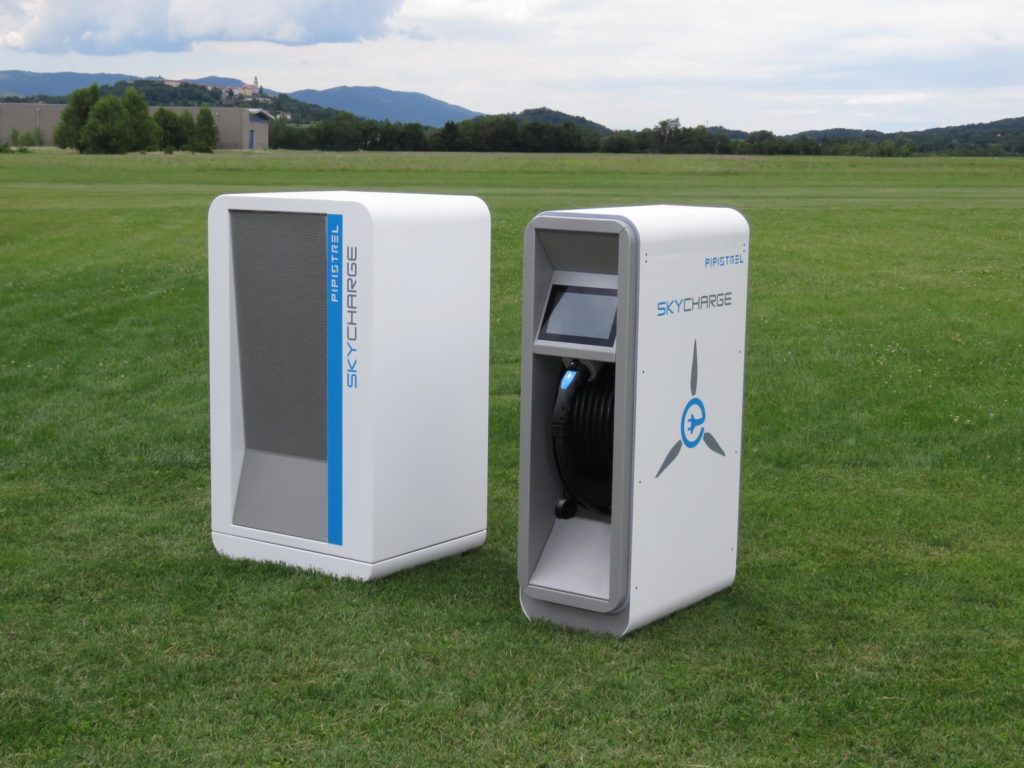
What advice would you give yourself in the beginning when you first started Pipistrel? Looking back now at everything you’ve learned at business and aviation?
I never look back. I am always oriented towards the future. It’s like being in the car without the gear to go backwards. I would never stop something or imagine to change something in the past. What I did I did. I also did a lot of mistakes but I’m oriented to the future to make less mistakes as possible and to do something interesting. So let’s leave the past where it was.
What advice would you give a young entrepreneur or someone who has a dream and they want to go after it? What’s a piece of advice you would give to them?
Well, very simple advice. Just go to your parents, ask for the money to buy a one week ticket to go into work and go around with open eyes and open ears. Collect the experience and then I’m quite sure it will be the entrepreneurs, industries and companies who will pay you the tickets to come back with your experience. Because work is the best teacher ever. All days, work is the best teacher you know. Okay, now this, all work is reachable with the click of the left mouse button. You can reach all the work but the experience you can earn going around – you can not get from mouse click, from being on this side of the computer. You must see different cultures, you must see different aptitudes, you must understand that something that is standard for you may be forbidden somewhere else.
You must go outside to understand that some people are happy with totally different standards that you consider minimum or necessary. So, without feeling the work you cannot be successful, without understanding the differences you cannot be fair or you cannot judge. You understand that you are not allowed to judge something. Because, you know differences in religions and cultures are so important to understand because you will understand your position or you are really the one who is right and all the others are wrong or you are wrong and the others are right. It’s like driving the car on the wrong side of the street and everybody is going in the wrong direction or you are driving in the wrong direction. This is very important and if you go with open eyes, with open ears in the world, if you are traveling you understand this. This is one of the biggest earnings you can get for your life.
Where is the future of aviation headed?
It is definitely headed towards emission-free and climate neutral aircraft. The traffic within cities will spread into 3rd dimension and also inter-city transport will soon include small GA airports. Pilotless, automatic and autonomous aviation will become a reality. Aircraft will slowly start losing the wings and other systems to produce the lift will replace them, allowing take-offs and landings closer to the passengers’ homes. Safety standards will be increased by at least a factor of 2 or 3.
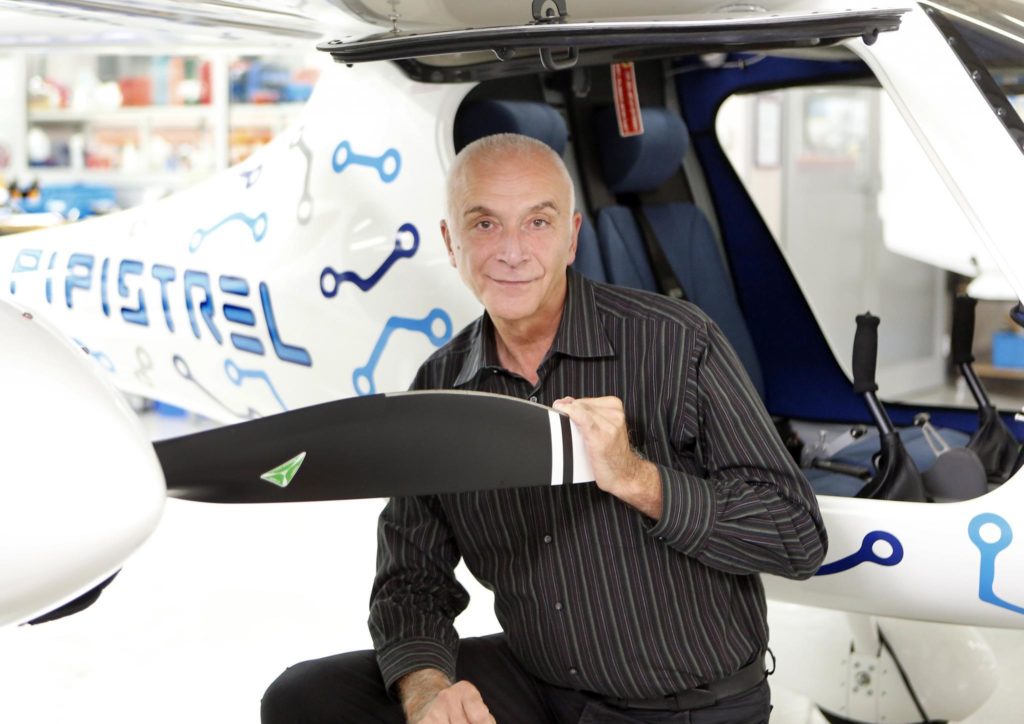
If you could have one superpower, what would it be?
Ivo Boscarol: Nothing special… except maybe an anti-gravity propulsion? (laughter).
What else would you like to comment about the industry?
Just keep in mind what I told you regarding the atmosphere. It’s also your duty to take care of the atmosphere so that future generations will have the air to function.
For more information visit Pipistrel.com
All photo credits to Pipistrel
Get your hands on the latest tips and tricks of what it means to be a #GOSS. In this free e-book you will dive into 11 business traits that will help you grow your business!
11 Ways To #BeGossy E-book
FREE DOWNLOAD
Find out more inspiring stories from women worldwide of all industries. Follow us on Instagram @GossMagazine.
website design Credit
© Goss Club Inc. 2024 | all rights reserved |
Inspiring & empowering women worldwide.
© GOSS CLUB INC. 2024 | all rights reserved
Share to: